Egg freezing: how does it work and how much does it cost?
Industry is one of the fastest-growing fertility trends in the UK
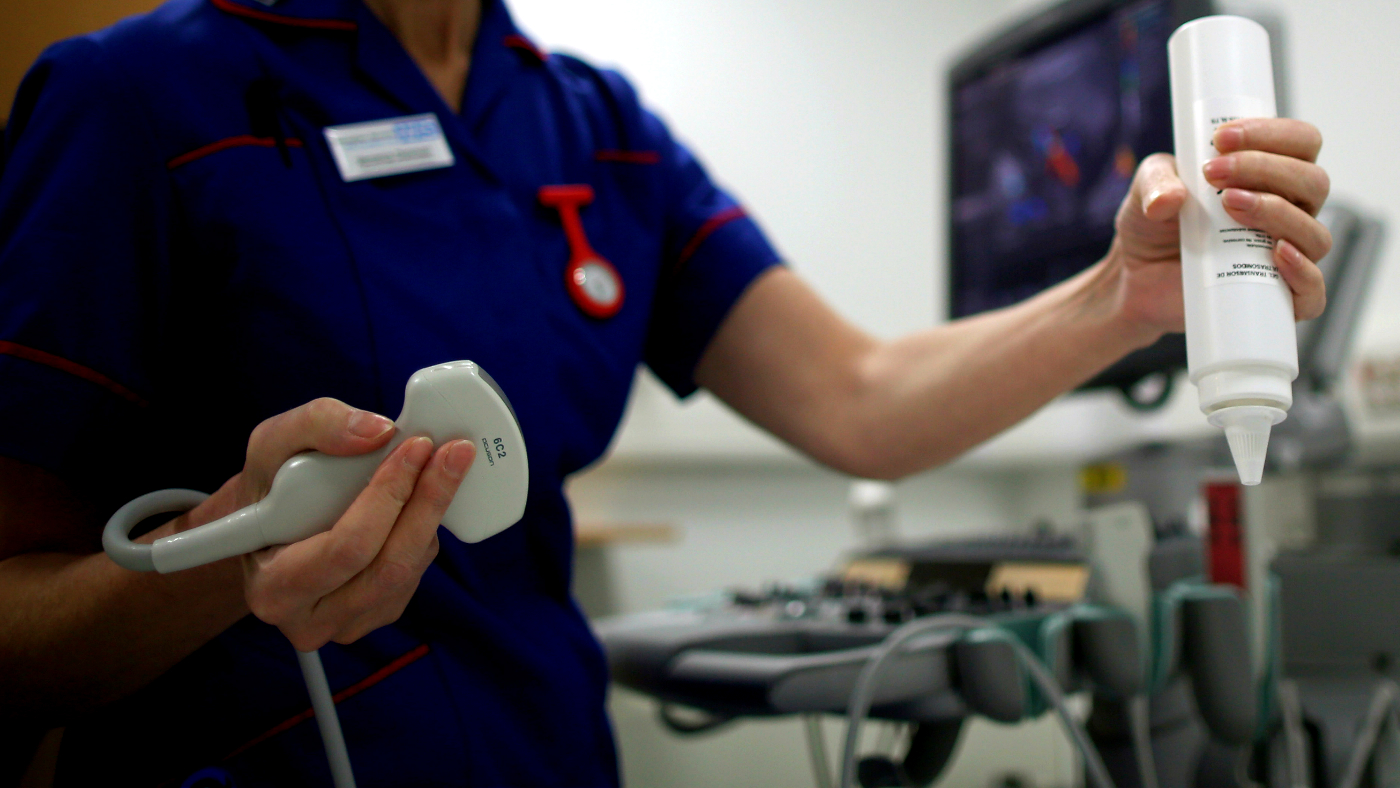
A free daily email with the biggest news stories of the day – and the best features from TheWeek.com
You are now subscribed
Your newsletter sign-up was successful
Egg freezing has become one of the fastest growing fertility-related industries in the UK.
The number of women in the UK opting to freeze their eggs jumped from fewer than 300 in 2010 to 1,300 in 2016, amounting to a 460% increase.
However, the The Guardian says “there were fewer than 200 thawing cycles each year until 2015, meaning that thousands of women have frozen eggs but have yet to use them”. Also evident is that, despite this significant increase, egg-freezing cycles still remain a tiny 1.5% of fertility treatments carried out in the UK.
The Week
Escape your echo chamber. Get the facts behind the news, plus analysis from multiple perspectives.

Sign up for The Week's Free Newsletters
From our morning news briefing to a weekly Good News Newsletter, get the best of The Week delivered directly to your inbox.
From our morning news briefing to a weekly Good News Newsletter, get the best of The Week delivered directly to your inbox.
The Daily Telegraph reported in 2018 that there was a persistent “myth” that women are artificially preserving their fertility so they can “buy Gucci handbags and get paid lots of money working in banks”.
Recent studies have shown that relationship issues are a far bigger driver of egg-freezing, an example being the “lack of a male partner willing to embark on parenthood”, says the newspaper.
But as an expensive and sometimes risky venture, the Royal College of Obstetricians and Gynaecologists (RCOG) warned last year that women “must be informed about the relatively low success rates, high costs and side effects associated with eggfreezing and IVF treatment”.
Calling for greater awareness of what that involves, Adam Balen, spokesperson for the RCOG, said: “If a woman does decide to freeze her eggs for social reasons, she should have counselling with a reproductive specialist and choose a clinic that has plenty of experience.”
A free daily email with the biggest news stories of the day – and the best features from TheWeek.com
“The clinic should provide a realistic idea of potential success related to her age. Evidence suggests that the best time to freeze eggs is in a woman’s early 20s and certainly under the age of 37 years old,” added Balen, a professor of reproductive medicine.
Dr Virginia Bolton, an NHS consultant embryologist, (below) has said the process is not the “panacea” that’s going to solve women’s problems.
The warning comes as “the latest figures from the Human Fertilisation and Embryo Authority (HFEA) show that in 2016, 32% of all patients freezing their eggs were under the age of 35, while 62% were under 38”. Overall, 27% of patients thawing their eggs for use were over the age of 44.
What exactly is egg freezing?
Egg freezing is a method of preserving a woman’s fertility so that she can have children in the future. It involves collecting a woman’s eggs, freezing them and then thawing them later to use in fertility treatment.
According to the HFEA website: “Most women will have around 15 eggs collected, although this isn’t always possible for women with low ovarian reserves (low numbers of eggs). When you want to use them, the eggs will be thawed and those that have survived intact will be injected with your partner’s or donor’s sperm.”
In the UK the current storage time limit for eggs frozen for social reasons is ten years.
Does it work?
The live birth rate per embryo transferred for women who have frozen their eggs is 19%, says HFEA.
“Success rates for egg freezing have improved significantly in recent years so offer an opportunity for women to freeze their eggs for social reasons if they’re not ready to have children yet,” Balen said. “However, it must be stressed that egg freezing does not guarantee a baby in the future.”
In a newly published study in the British Journal of Obstetrics and Gynaecology, Dr Timothy Bracewell-Milnes, from Imperial College London, and co-authors from Chelsea and Westminster Hospital warn that most of the women who are taking measures to preserve their fertility are doing so too late.
According to the BBC, the study found that many young people are not aware of the natural limits of female fertility and “significantly overestimate” the success rates of freezing eggs to get pregnant later.
“Egg freezing is indirectly encouraging women to have children at an advanced maternal age, which carries with it significantly increased risk of medical complications in pregnancy,” the researchers said.
How much does it cost?
Egg freezing is generally only available on the NHS if you are having medical treatment that could affect your fertility - for example, treatment for cancer.
Most private clinics charge around £3,000 to £4,000 for one cycle of the procedure, but “you’ll want to make sure there are no surprise costs that aren’t included in the original quote”, says NetDoctor.
Testing, monitoring, medication and egg extraction, as well as egg storage, thawing, and fertilisation and embryo transfer “should all be included in the price”, the health site adds.
-
 ‘Poor time management isn’t just an inconvenience’
‘Poor time management isn’t just an inconvenience’Instant Opinion Opinion, comment and editorials of the day
-
 Bad Bunny’s Super Bowl: A win for unity
Bad Bunny’s Super Bowl: A win for unityFeature The global superstar's halftime show was a celebration for everyone to enjoy
-
 Book reviews: ‘Bonfire of the Murdochs’ and ‘The Typewriter and the Guillotine’
Book reviews: ‘Bonfire of the Murdochs’ and ‘The Typewriter and the Guillotine’Feature New insights into the Murdoch family’s turmoil and a renowned journalist’s time in pre-World War II Paris
-
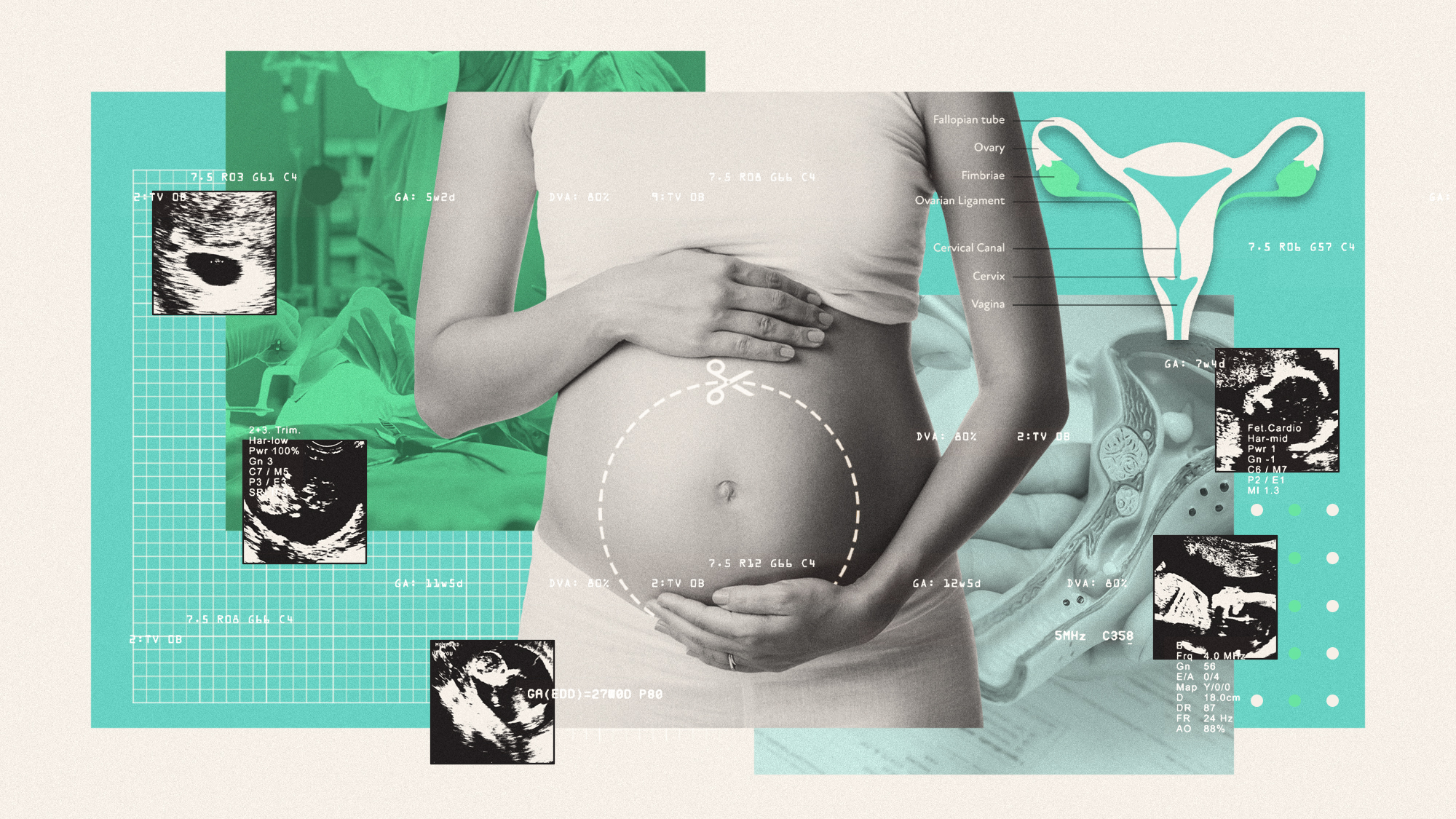 The UK's first baby born to woman with womb transplant
The UK's first baby born to woman with womb transplantThe Explainer 'Astonishing' medical breakthrough, the culmination of 25 years of research, could pave the way for more procedures to combat uterine infertility
-
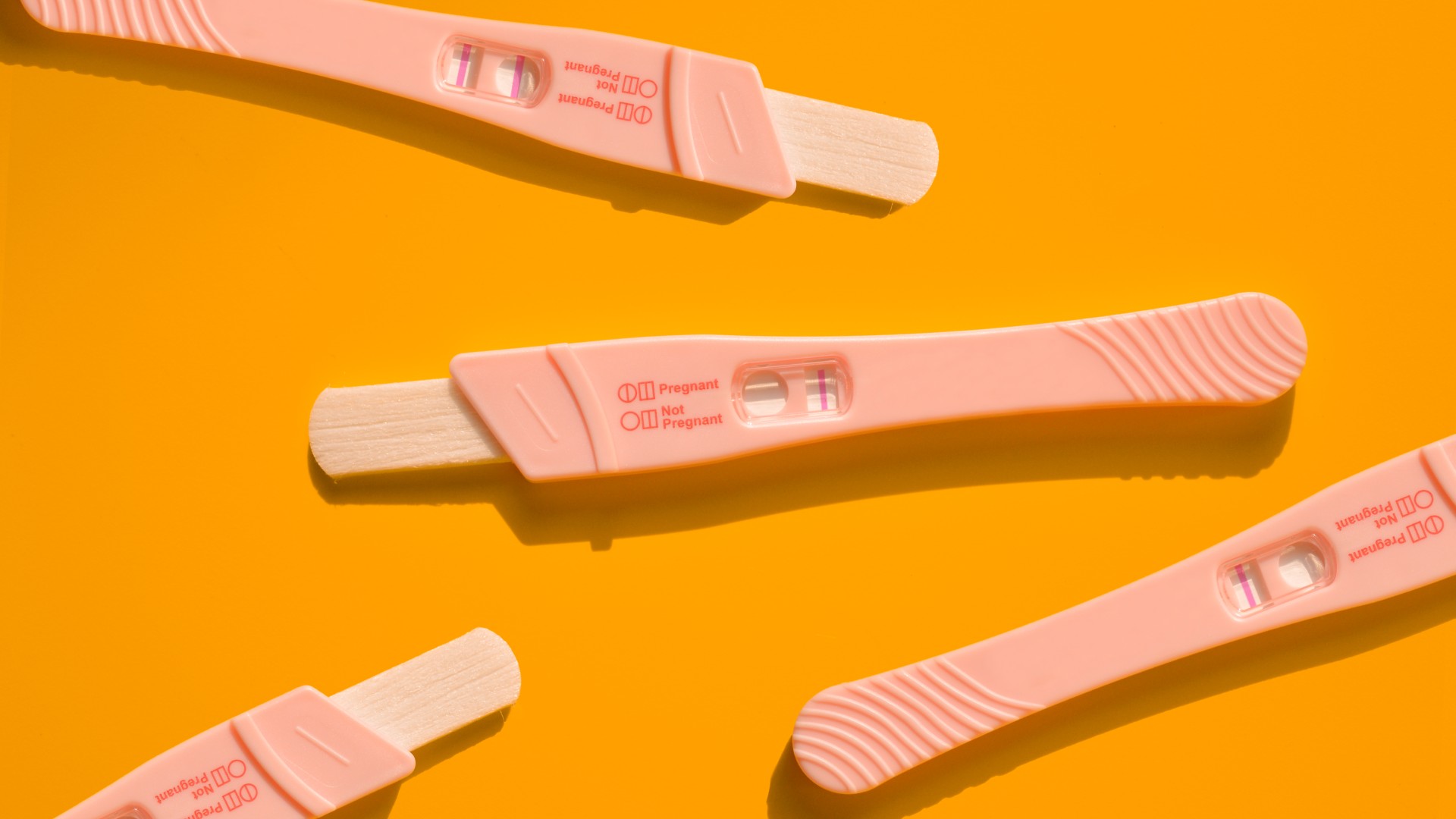 IVM is a better treatment than IVF for some women
IVM is a better treatment than IVF for some womenThe Explainer A less painful, less costly option for treating infertility emerges
-
 The rise of pronatalist tech bros
The rise of pronatalist tech brosIn the Spotlight 'Mix of narcissism, altruism and dreams of immortality' behind drive to reproduce exhibited by likes of Elon Musk
-
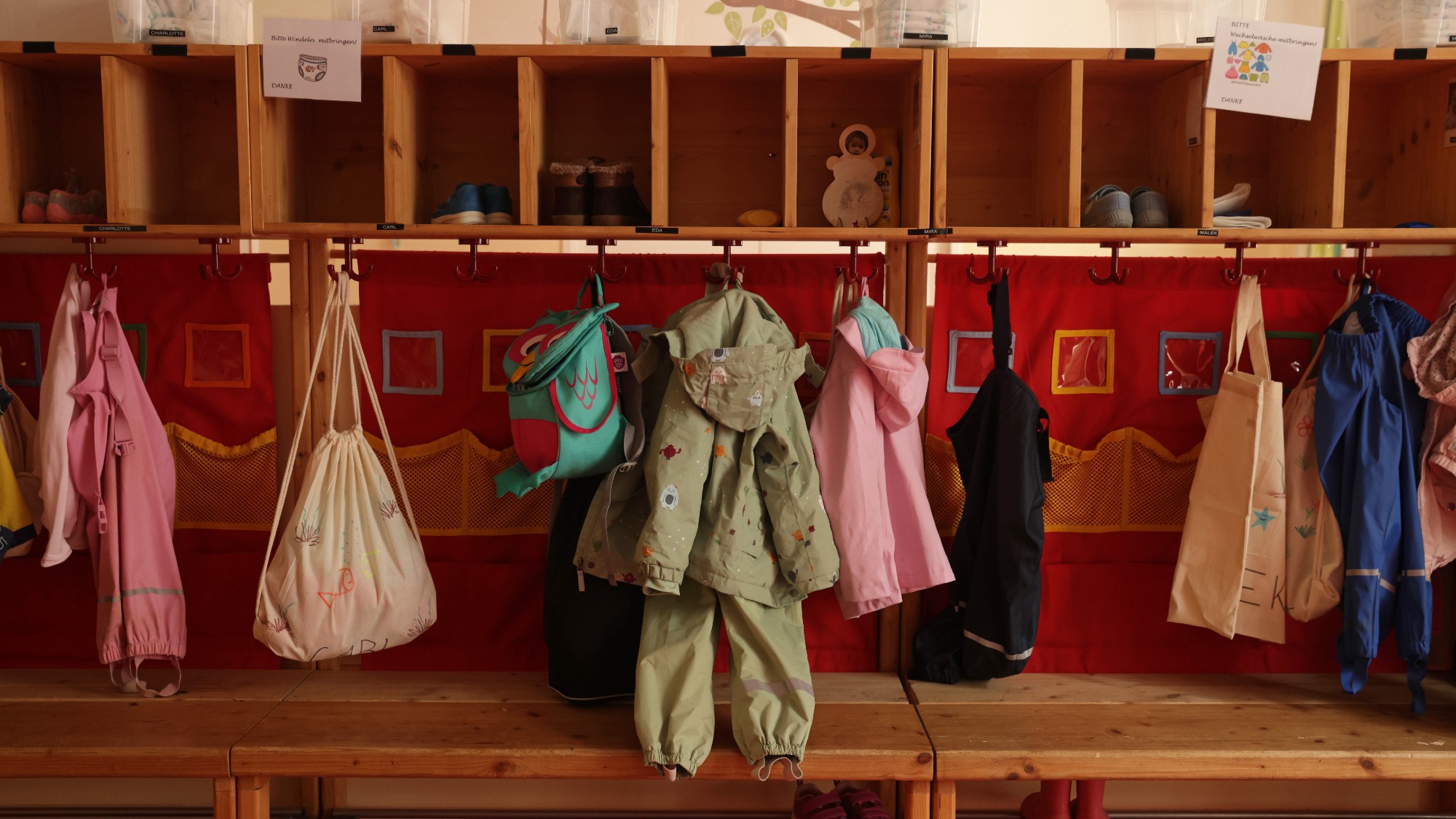 The great baby bust
The great baby bustThe Explainer The fertility rate is falling sharply in the UK and across the world, a trend with major economic and societal consequences
-
 A 'horror story': what is fertility fraud?
A 'horror story': what is fertility fraud?Under The Radar US woman has discovered she slept with her half-brother at high school
-
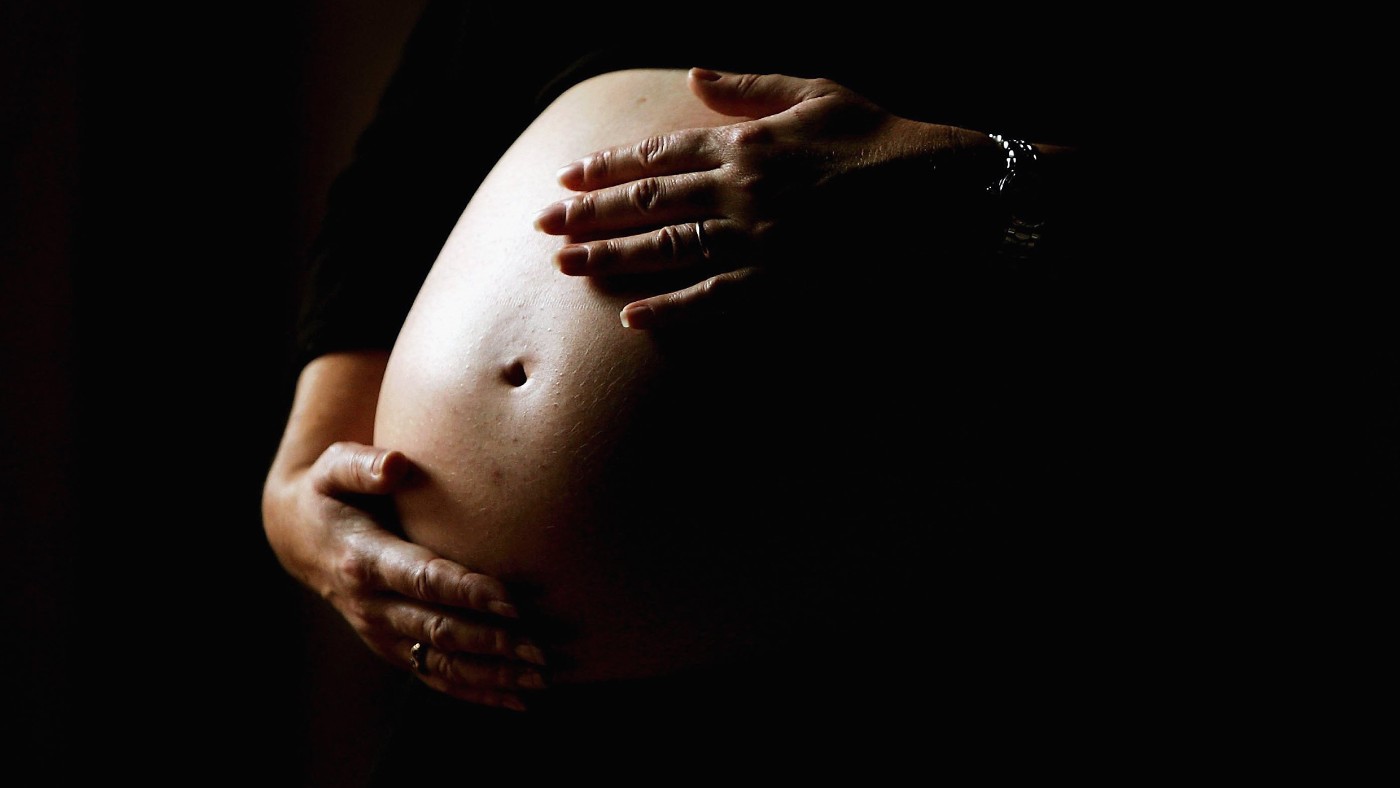 What does UK’s first womb transplant mean for future of fertility?
What does UK’s first womb transplant mean for future of fertility?Today's Big Question Procedure could be offered more widely including to transgender people
-
 Pros and cons of surrogacy in the UK
Pros and cons of surrogacy in the UKPros and Cons The government is currently considering substantial reforms to surrogacy law in the UK
-
 Endometriosis: the ‘incurable’ disease affecting one in 10 women
Endometriosis: the ‘incurable’ disease affecting one in 10 womenfeature Advances by Australian researchers offer hope for new treatments and more targeted diagnoses for the debilitating condition